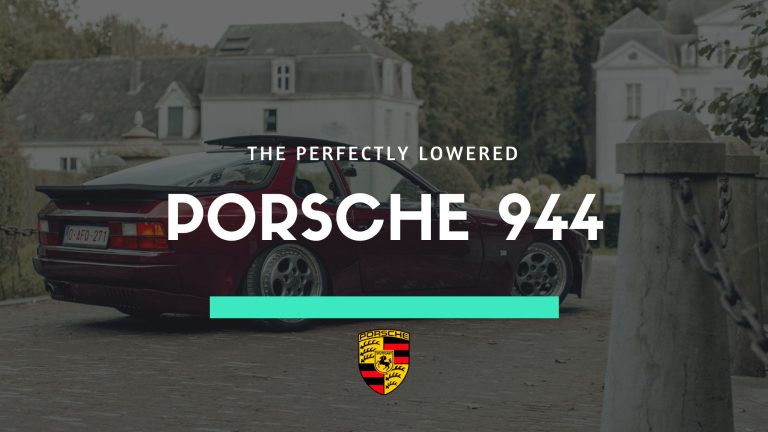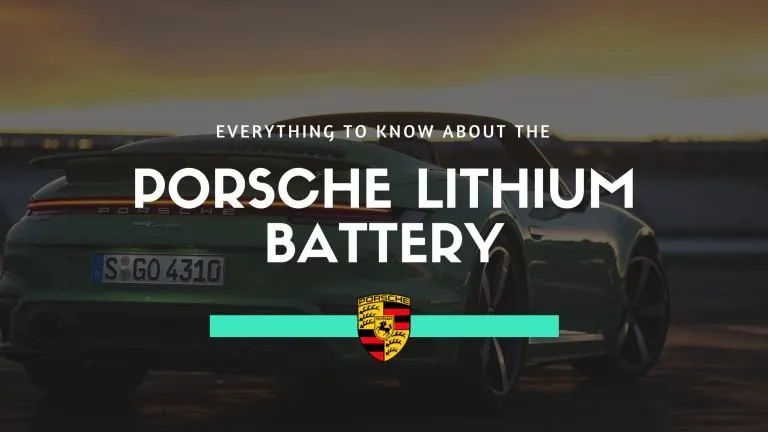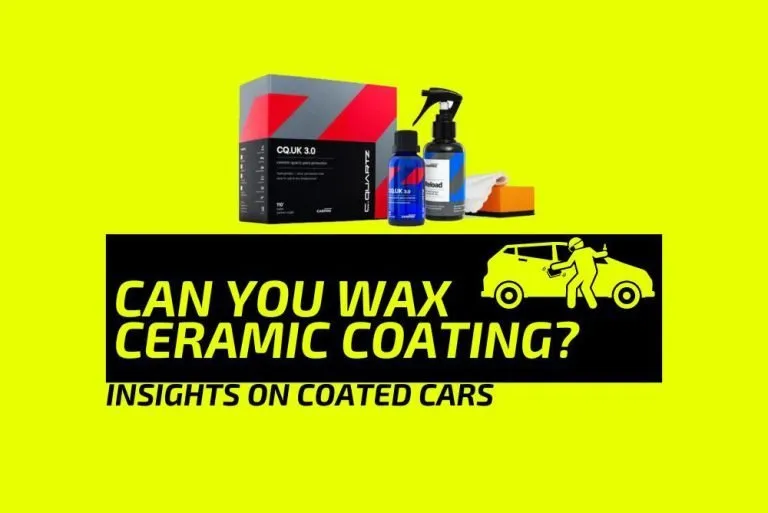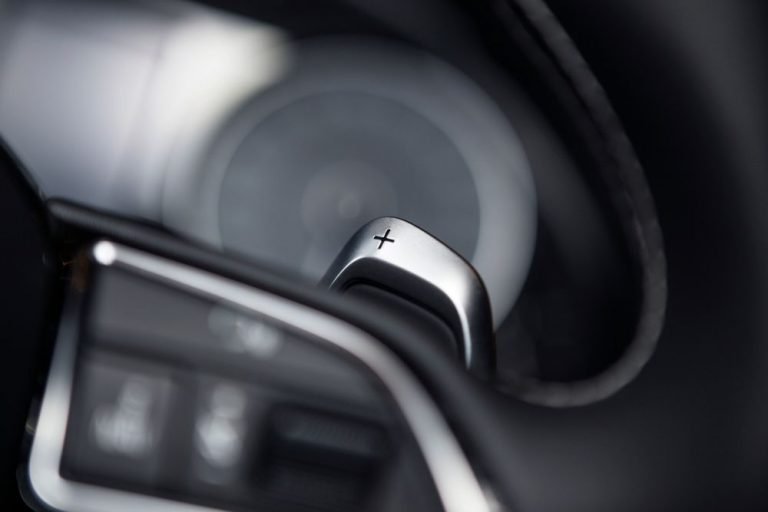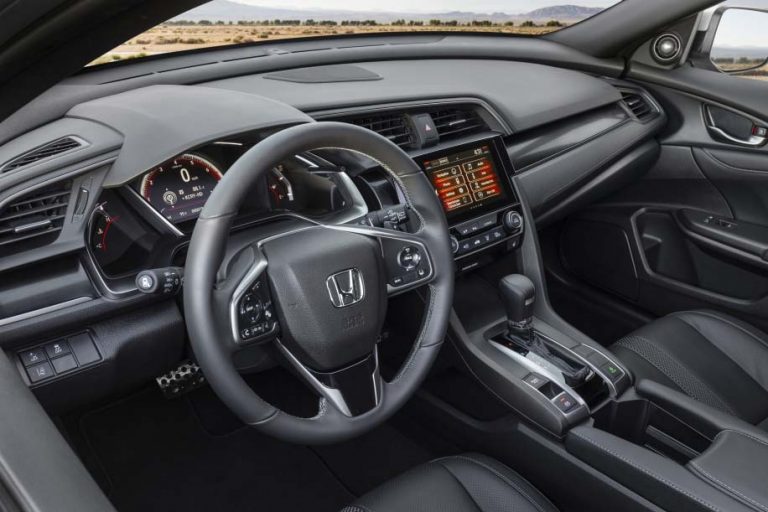Does Wrapping a Car Damage the Paint? Debunking Myths for Concerned Owners
You might be considering giving your car a fresh look with a vinyl wrap, but understandably, you could be wondering if wrapping your car can damage the paint in any way. Worry not! Car wraps are generally safe for your car’s paint job, and in fact, they can offer some benefits in terms of protection.
When a car wrap is applied correctly, it can act as a barrier between the paint and all the elements that come its way. This includes weather exposure, rocks, debris, and the normal wear and tear of time. So, instead of harming your paint, the car wrap is actually extending the life of your paint job.
However, it is very important to understand that proper installation and removal are crucial for ensuring the paint remains undamaged. Always have professionals apply and remove the wrap, and be sure to take care of your wrapped car to enjoy the best results. So, go ahead and explore the world of car wrapping without worrying about your paint!
TLDR Summary
Car wrapping can be a great way to customize your car and keep it looking fresh. But, the big question on your mind is probably whether it will damage your paint or not. Good news! Car wraps generally do not damage the paint on your vehicle. They can actually offer an extra layer of protection against small chips, dings, and sun exposure.
You should know that the vinyl used in car wraps is designed to adhere well to properly bonded paint. So, as long as your vehicle’s paint is in good condition and properly bonded, you shouldn’t have any issues with wrap damage. Keep in mind that there might be exceptions, such as poorly prepped surfaces or low-quality paint, which could lead to paint damage when the wrap is removed. But in most cases, car wraps are safe for your vehicle’s paint job.
The cost of wrapping your vehicle can vary, ranging from around $500 to $2,000, depending on the size and type of wrap. It may seem pricey, but think of it as an investment in maintaining your car’s good looks and protecting its resale value.
When considering your vehicle wrap, remember to take proper care of it during its lifespan. Regular cleaning and maintenance of your wrapped car will not only keep it looking great but also help prevent any potential issues with your paint. So, go ahead and explore the world of car wrapping without the fear of damaging your paint!
Understanding Car Wraps
Materials Used
When it comes to wrapping your car, the primary material used is vinyl. Vinyl is a versatile, durable, and customizable material that allows for creative designs and colors. In addition, it provides a protective layer for your car’s paint against UV damage and scratches. You’ll find various types of vinyl wraps, such as gloss, matte, and metallic, each offering a unique finish that suits your preferences.
Vehicle Prep Process
Before applying a car wrap, it is essential to properly prepare your vehicle. This ensures that the wrap adheres correctly and avoids potential damage to the paint. Here are the steps to follow:
- Cleaning: Start by thoroughly washing your car to remove any dirt, dust, and debris. A clean surface ensures the wrap adheres securely and prevents any imperfections.
- Drying: After washing, make sure to dry the car completely. Any moisture left behind can cause problems with the wrap’s adherence.
- Removing accessories: Take off any accessories that may interfere with the wrapping process. This includes emblems, mirrors, and door handles.
- Surface inspection: Check your car’s paint for any damage or flaws that may affect the wrap’s appearance. If necessary, perform paint correction before wrapping to ensure the best results.
In general, car wraps do not damage the paint and are safe for any vehicle finish, such as matte or glossy. Nevertheless, there are some exceptions, and paint damage may occur if proper precautions are not taken. By using quality materials and following the correct vehicle prep process, you can enjoy a fresh look for your car while preserving the original paint.
Does Wrapping a Car Damage the Paint?
Factors Affecting Paint Damage
When looking into wrapping your car, one of the primary concerns might be whether or not it will damage your paint. Generally speaking, car wraps are safe for your car’s paint and will not cause damage. This is because wraps are designed to act as a protective layer for your car’s paint job. That being said, there are certain factors that can affect the way a car wrap interacts with the paint.
First, consider the quality of the wrap material itself. High-quality wrap materials will adhere well to the paint without causing harm. Cheaper, lower-quality materials, on the other hand, may not provide the same level of protection and can even lead to paint damage in some cases.
The installation of the wrap is another factor to take into account. Experienced professionals will know how to properly install a wrap without causing problems. On the other hand, a less skilled installer may inadvertently damage the paint during installation or removal of the wrap.
Furthermore, the condition of your car’s paint job plays a role in how well the wrap will protect and preserve it. If your paint is in poor condition or already has existing damage, the wrap may not adhere properly and could cause further issues.
Quality of the Paint Job
The quality of your car’s paint job is significant when it comes to wrapping it. A high-quality or factory paint job should be well-protected by car wrapping, as the vinyl will act as a barrier between the paint and weather exposure, rocks, and other debris that it encounters. The car wrap will not damage the paint, but rather cover it and protect it, making it last longer.
On the other hand, if the paint job on your car is of lower quality or not well bonded to the surface, there is a possibility that the wrap could put the paint under tension, causing it to lift or peel. In this case, it might be wise to address the paint issue before considering a wrap to ensure that you get the best possible results.
To summarize, car wraps do not inherently damage the paint on a vehicle. The quality of the wrap, the installation process, and the existing paint job all have an influence on whether or not the wrap will be harmful. If you’re considering a wrap, it’s a good idea to choose high-quality materials and work with experienced professionals to protect your car’s paint and improve its appearance.
Benefits of Wrapping a Car
Paint Protection
One of the main benefits of wrapping a car is the paint protection it offers. Vinyl car wraps act as a barrier against various elements that can damage your car’s paint, such as UV rays, scratches, and chips. By choosing to wrap your vehicle, you’re ensuring that the paint underneath remains well-preserved for a longer period.
A wrapped car also benefits from the additional protection of a ceramic coating. Although not a cheap option, applying a ceramic coating provides extra protection by making the wrap more resistant to water damage, UV rays, and minor scratches.
Aesthetic Appeal
Car wraps provide an instant transformation to your vehicle’s appearance. With a wide range of colors, finishes, and designs to choose from, you have the freedom to customize your car to reflect your personality and style preference. From matte or metallic finishes to striking graphics, vinyl wraps can add a unique and attractive look to your car without the high costs and time-consuming process of a traditional paint job.
With the right design, your wrapped car can also serve as an effective mobile advertisement, helping increase brand awareness. In fact, car wraps have been reported to generate a significant number of daily views, potentially turning many of those into customers or clients.
Reversibility
One of the best features of a vinyl car wrap is its reversibility. You can choose to remove or change the wrap at any time without causing damage to your car’s original paint. This option is perfect for those who prefer to update their car’s look frequently, or for businesses that need to modify their advertising or branding campaigns.
The cost of a vinyl car wrap is generally lower than a traditional paint job, making it a more budget-friendly option for updating your car’s appearance or protecting its paint. The ability to quickly and easily swap out designs or revert to the original paint without breaking the bank is another reason why many car owners are turning to car wraps as their preferred method of customization.
Potential Risks and Disadvantages
Improper Wrap Removal
One potential risk of wrapping your car is when it comes time to remove the wrap. If you do not remove the wrap carefully, it can lead to damage to the paint. To avoid this, you should follow proper technique and possibly seek help from a professional. Remember, patience is key when removing a wrap, and rushing the process can result in unintended consequences for your paint job.
Low-Quality Wrap Material
Another potential disadvantage is using low-quality wrap materials. Choosing a cheap or poorly made vinyl wrap can result in damage to your car’s paint or a shorter lifespan for the wrap itself. To protect your car and ensure the best results, it’s essential to invest in high-quality materials and work with a reputable installer.
- Using a reputable installer can help minimize risks.
- Investing in quality materials reduces the chances of damage to your car.
Remember, your car’s appearance and value are important, so taking the time to make sure you’re using the best possible materials and installation process will save you more stress and potential problems in the long run.
Ways to Prevent Paint Damage When Wrapping
Professional Installation
One of the key factors in preventing paint damage when wrapping your car is to ensure that the wrap is professionally installed. It is very important to choose a reputable and experienced car wrap installer who has plenty of knowledge and skills. A professional will have the right tools and materials to effectively apply the wrap without causing damage to your vehicle’s paint. They would also take their time preparing your car’s surface, making sure it’s clean, smooth, and ready for the wrap.
Proper Maintenance and Care
To keep your car wrap and paint in good condition, it’s essential to provide proper maintenance and care. Here are some tips for maintaining and caring for your car wrap and paint:
- Wash your wrapped car regularly: Cleaning your wrapped vehicle with a gentle soap and water mixture will help maintain the wrap’s appearance and prevent dirt build-up that could potentially damage the paint underneath.
- Avoid harsh chemicals: Steer clear of any cleaning agents or solvents that can weaken the adhesive on the car wrap, which may lead to paint damage.
- Keep your car dry: After washing, make sure to dry your car properly. Water spots can cause damage to both the wrap and the paint if left to sit for too long.
- Store your car indoors when possible: Protecting your wrapped vehicle from the elements, especially harsh sun exposure, will help prolong the life of the wrap and keep your paint looking its best.
Following these maintenance and care tips will go a long way in ensuring the longevity of your car wrap and keeping your paint damage-free. Remember, the better you take care of your wrapped car, the more you protect the paint underneath.
Conclusion
So, after thorough research and considering various factors, it seems that wrapping a car does not damage the paint. Remember, car wraps are generally safe for any type of paint finish, whether it’s matte or glossy. Though there are a few exceptions, the majority of the time, your car’s paint will remain unharmed and well protected.
Consider these points when evaluating the safety of car wrap on your vehicle’s paint:
- Paint protection: Car wraps can actually help protect your paint from small things like rock chips and minor scratches. So, in most cases, you’re doing your paint a favor by having it wrapped.
- Proper removal: When removing a wrap, make sure to follow the correct steps, like heating it first. By doing that, you can avoid damaging the wrap or the paint underneath. It’s a good idea to have the professionals who applied the wrap remove it for the best results.
- Quality of paint: The paint’s bond to the surface plays a role in its resilience to damage from wraps. While it’s challenging to determine this without putting the paint under tension, most well-bonded paint should handle wraps without issue.
Remember that it’s always a good idea to consult with professionals or experienced car lovers before making a decision. Making informed choices will help ensure the longevity and appearance of your vehicle’s paint. Enjoy the stylish look of a wrapped car, and have confidence knowing that it’s not causing harm to your paint.

